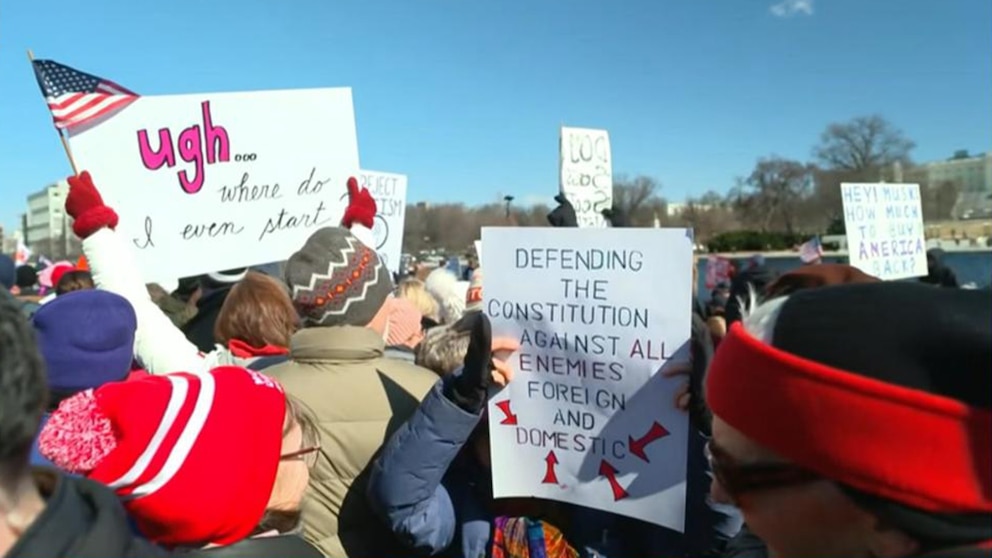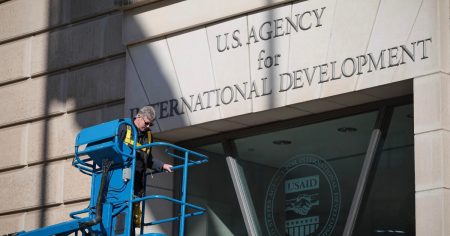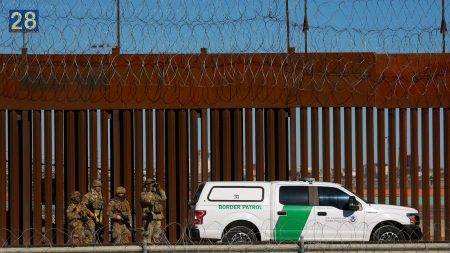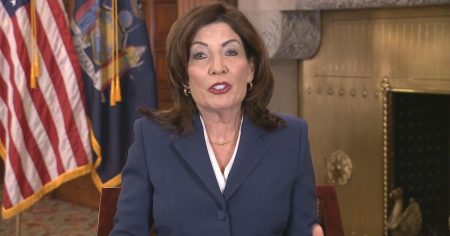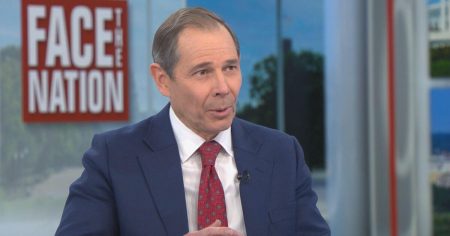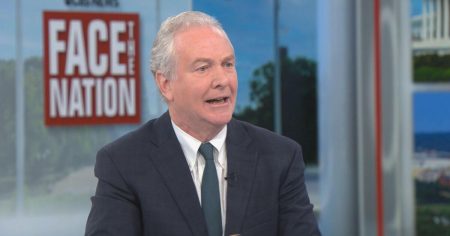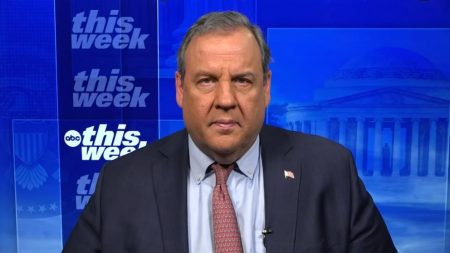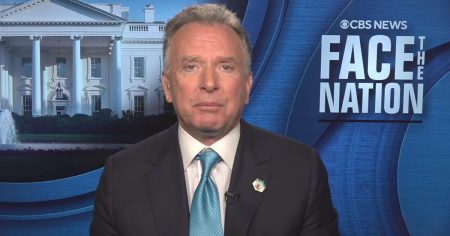The Economic Landscape and the Role of Leadership
The state of the economy is a cornerstone of any nation’s stability and growth. As the world continues to navigate the complexities of global markets, technological advancements, and shifting workforce dynamics, leaders are tasked with making decisions that balance immediate needs with long-term sustainability. In the United States, this challenge is particularly evident in the discussions surrounding federal spending and its impact on everyday Americans. Congressman Brendan Boyle, a Democrat from Pennsylvania and the ranking member of the House Budget Committee, has been a vocal advocate for responsible budgeting that prioritizes the well-being of citizens. His recent discussions highlight the potential consequences of proposed spending cuts, particularly in the context of mass layoffs and their ripple effects on families, communities, and the broader economy.
Understanding the Impact of Mass Layoffs
Mass layoffs are not merely statistics; they represent real people struggling to make ends meet, families facing uncertainty, and communities losing vital economic contributors. When large-scale layoffs occur, the effects extend far beyond the individuals directly affected. Local businesses suffer as consumer spending decreases, housing markets can become unstable, and public resources are strained to support those in need. Congressman Boyle has emphasized the human cost of such events, pointing out that layoffs are often a symptom of broader economic policies that fail to account for the vulnerabilities of the workforce. His concerns are rooted in the belief that a strong economy is one where no one is left behind, and where policies are designed to protect the most vulnerable.
The Role of Federal Spending in Economic Stability
Federal spending is a powerful tool for shaping the economy and addressing societal challenges. It can be used to invest in infrastructure, education, healthcare, and innovation, all of which are critical for long-term growth. However, when spending cuts are proposed, particularly in areas that directly impact social programs and public services, the consequences can be severe. Congressman Boyle has argued that such cuts are often short-sighted, as they may save money in the short term but lead to greater costs down the line. For example, reducing funding for healthcare programs can result in poorer health outcomes, which in turn increase the burden on the healthcare system. Similarly, cutting education funding can hinder the development of the future workforce, ultimately stifling economic progress.
The Importance of Social Safety Nets
Social safety nets are a crucial component of any compassionate and functional society. Programs such as unemployment insurance, food assistance, and Medicaid are designed to provide a lifeline to individuals and families in times of need. These programs are not just handouts; they are investments in the stability and resilience of communities. Congressman Boyle has repeatedly stressed the importance of maintaining and strengthening these safety nets, particularly in the face of economic uncertainty. By ensuring that these programs are adequately funded, policymakers can help mitigate the impact of mass layoffs and provide a pathway for individuals to get back on their feet. Without these safeguards, the most vulnerable members of society are left to face the brunt of economic hardships alone.
The Broader Implications for National Security and Global Competitiveness
While the immediate concerns of mass layoffs center on their impact on individuals and communities, there are also broader implications for national security and global competitiveness. A workforce that is destabilized by layoffs is less equipped to adapt to the demands of a rapidly changing global economy. Furthermore, economic instability can lead to social unrest and political polarization, which can weaken a nation’s ability to project strength and unity on the world stage. Congressman Boyle has highlighted the need for policies that not only address the immediate challenges of layoffs but also position the country for long-term success. This includes investments in workforce development, renewable energy, and cutting-edge technologies that will drive the economy of the future.
A Call to Action for Bipartisan Cooperation
The challenges posed by mass layoffs and proposed spending cuts are not partisan issues; they are American issues that require bipartisan cooperation and a commitment to finding solutions that work for everyone. Congressman Boyle has been a strong advocate for bridging the political divide and working towards policies that reflect the values of fairness, equity, and responsibility. By prioritizing the needs of the American people and engaging in constructive dialogue, lawmakers can craft budgets and economic strategies that promote stability, growth, and opportunity for all. The stakes are high, but with courage, compassion, and a willingness to collaborate, it is possible to build an economy that works for everyone.





